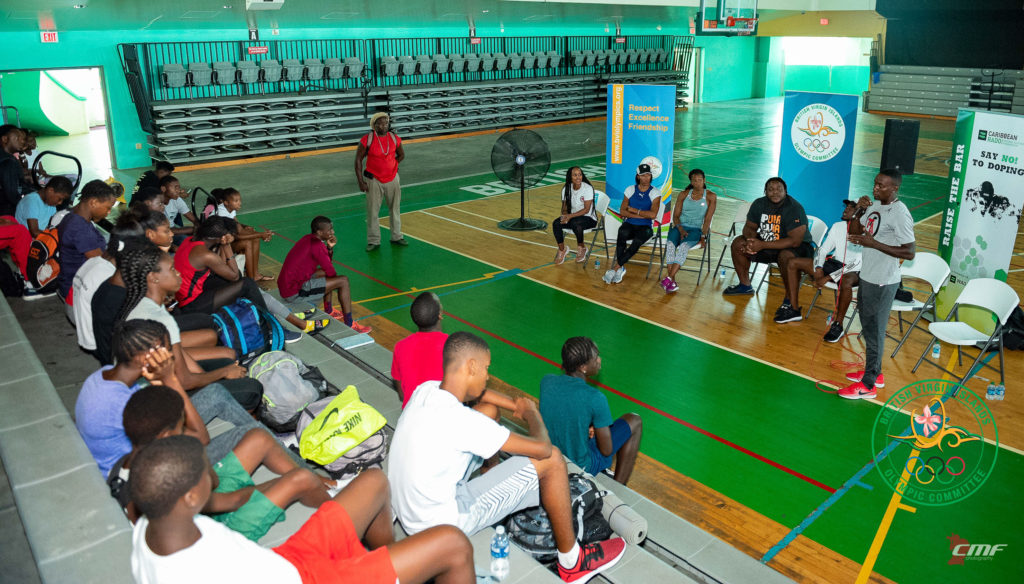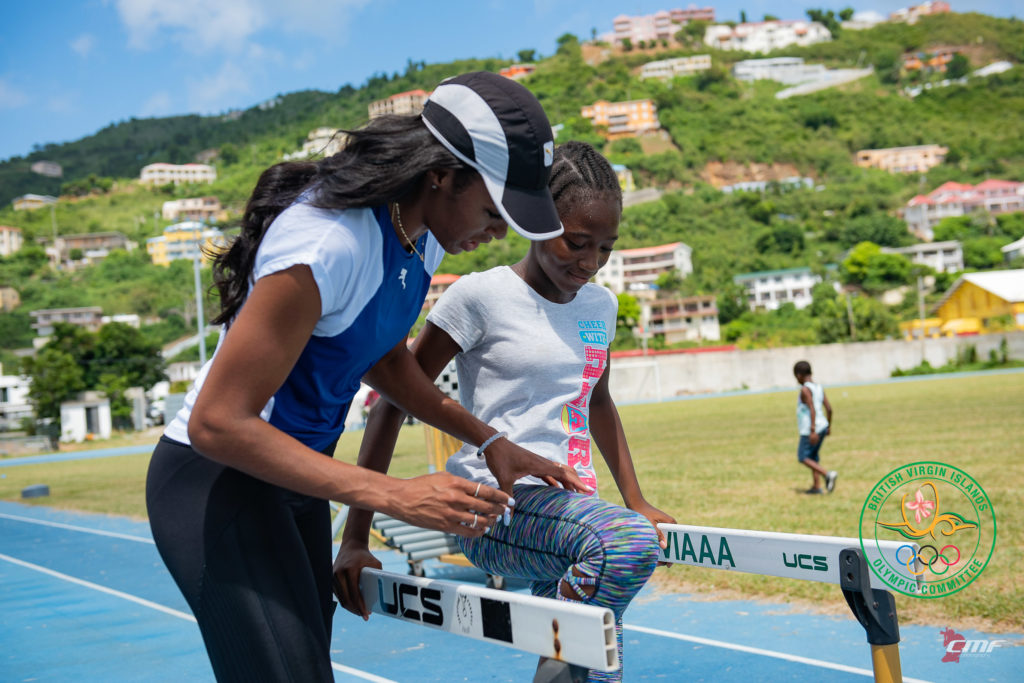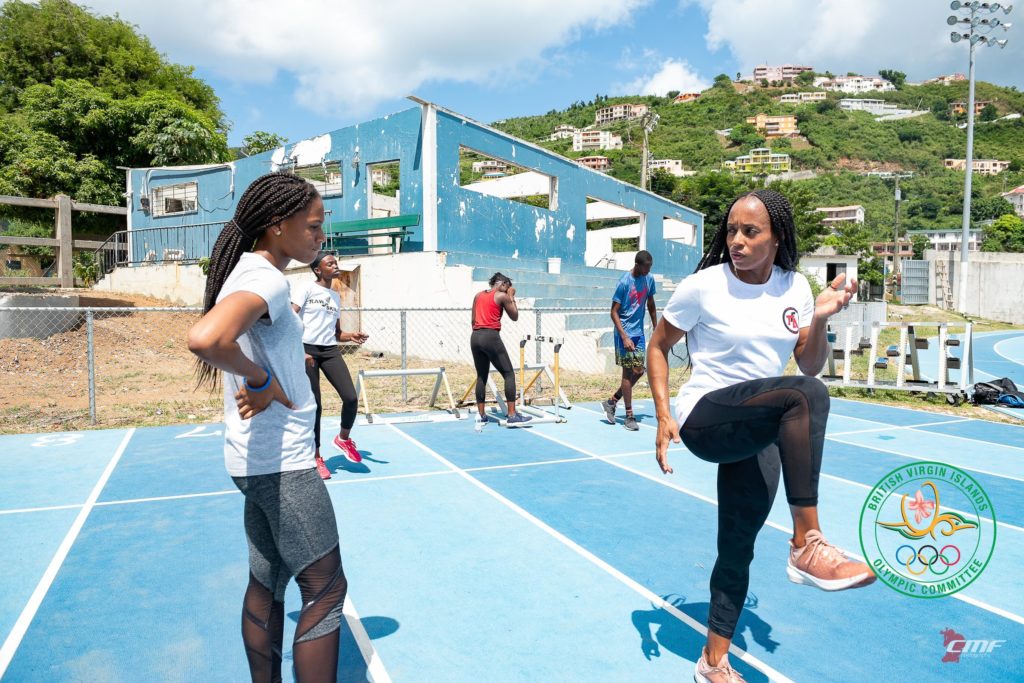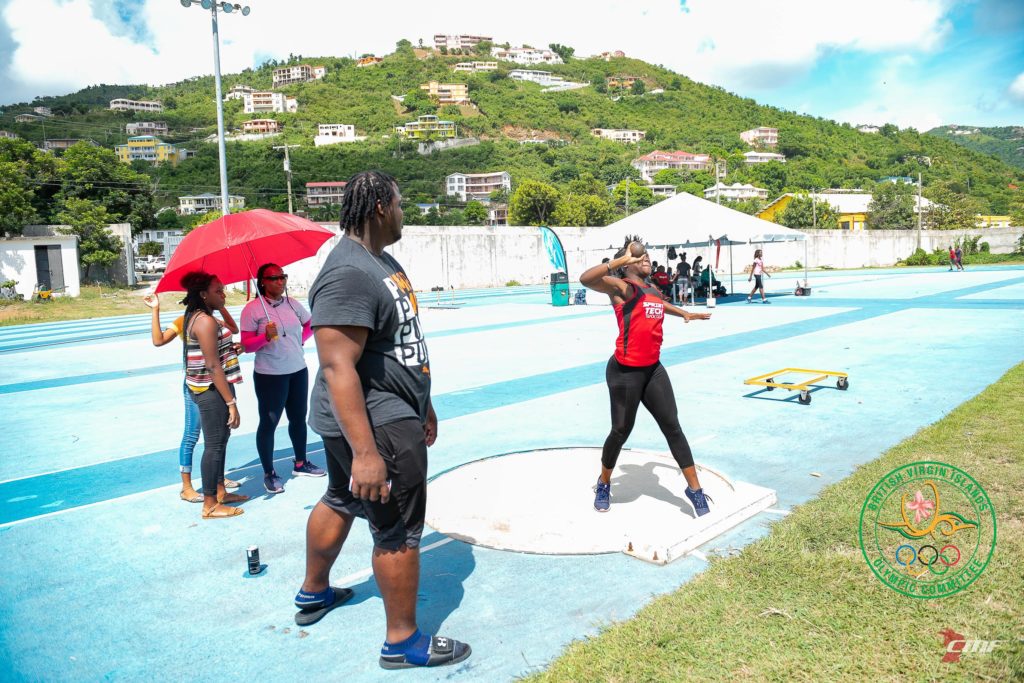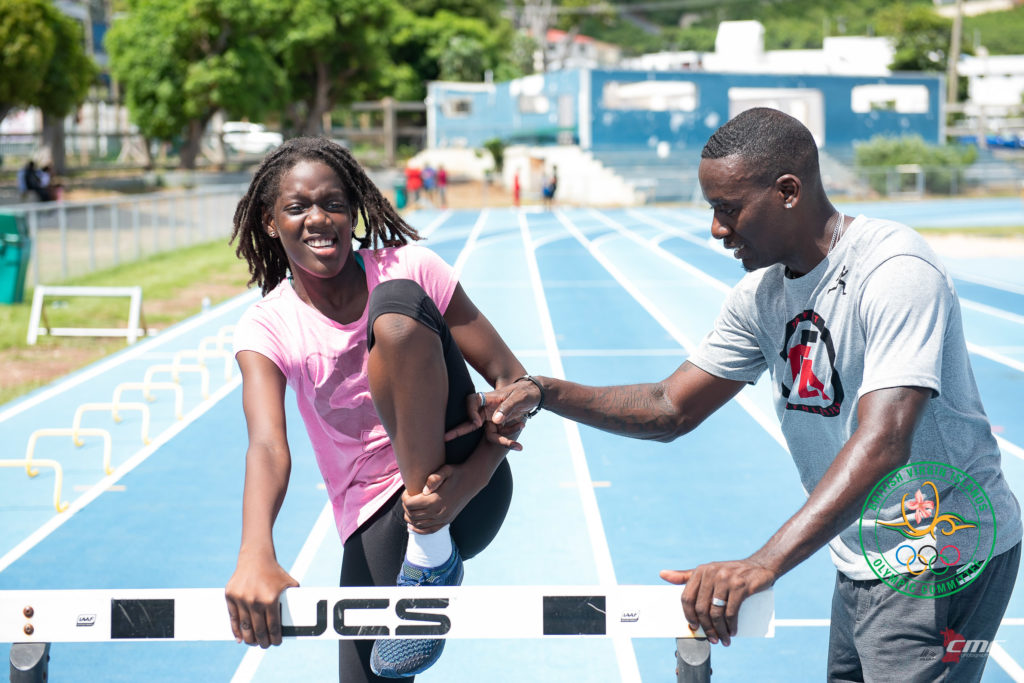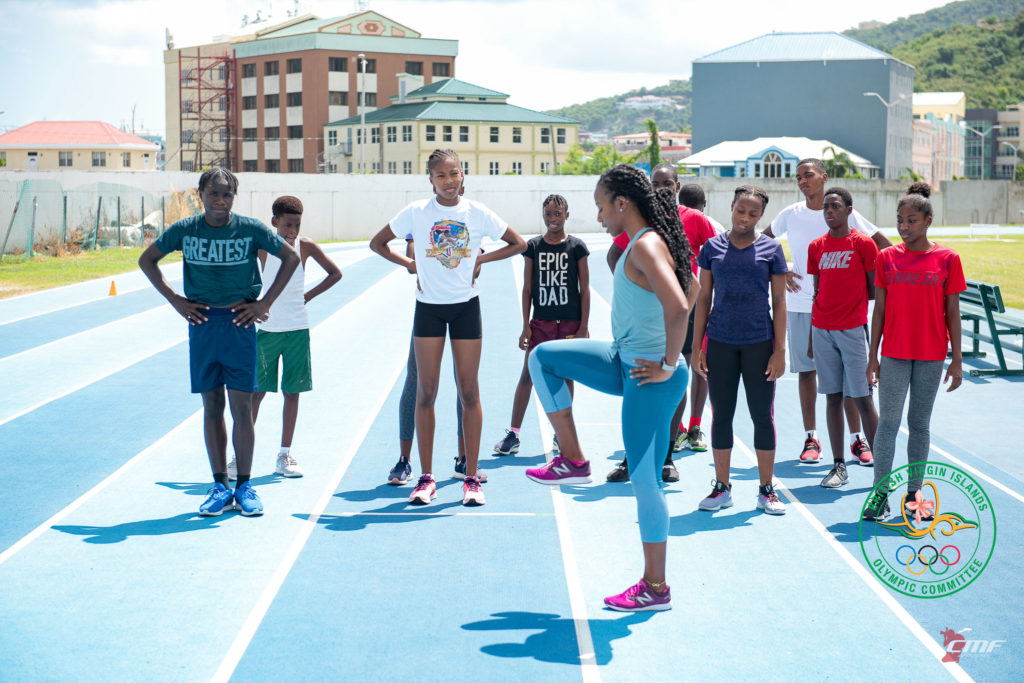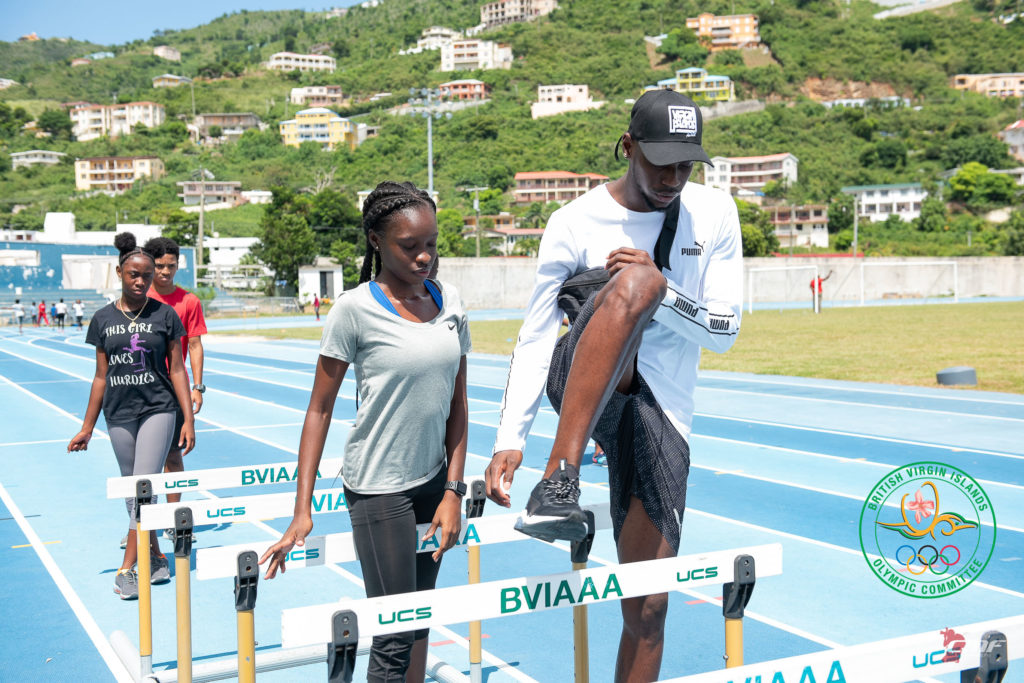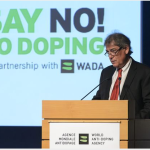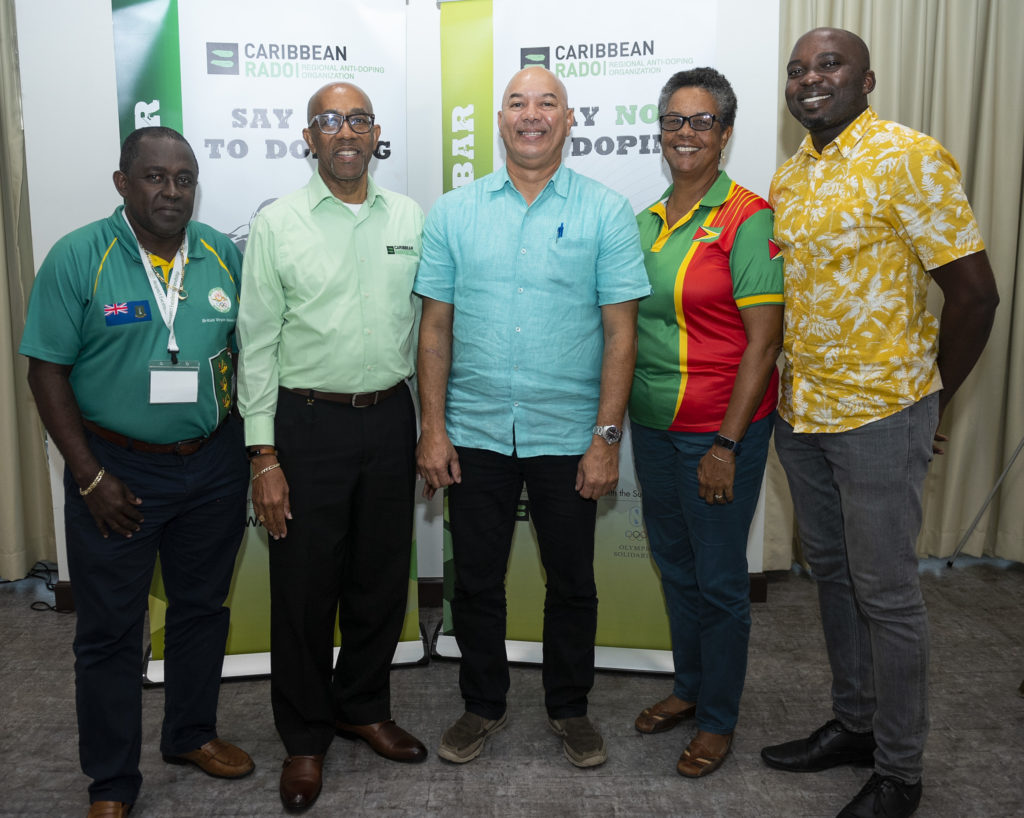
Caribbean RADO Executive [L-R] Director, Ephraim Penn (British Virgin Islands); Vice Chairman, Dr. Adrian Lorde; Chairman, Patrick Werleman; Director, Dr Karen Pilgrim; and Director, Joel Johnson (Grenada) 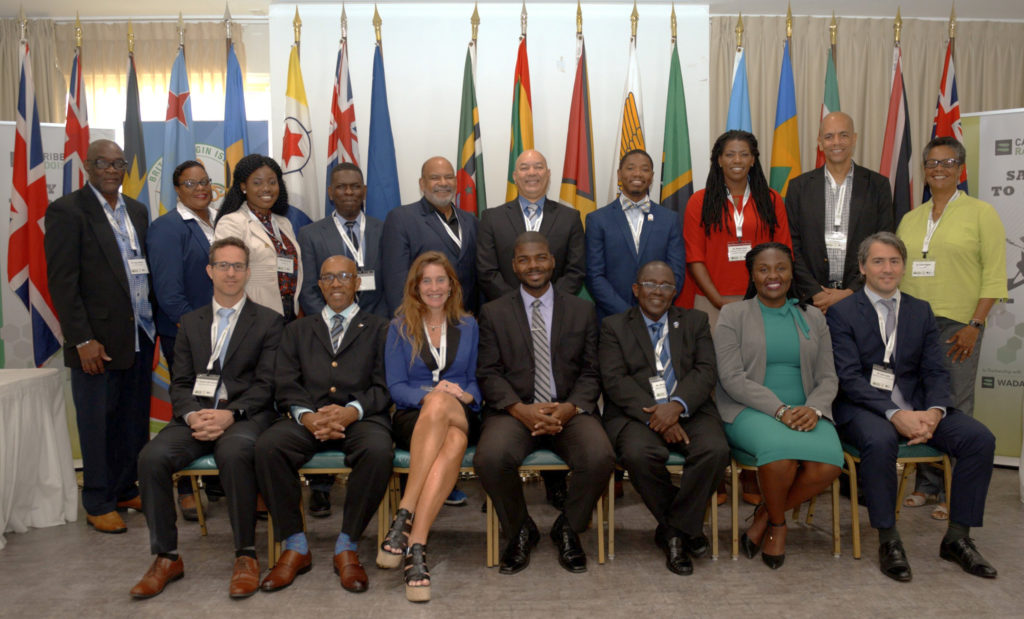
Caribbean RADO Board Member during 2019 AGM in Tortola, BVI
The Caribbean Regional Anti-Doping Organization (RADO) marks its 15th anniversary on Thursday, November 12th 2020. As a result of the ongoing global pandemic, the celebrations will be virtual. Caribbean RADO Chairman Patrick Werleman says the organizations is proud to reach the milestone.
“As the Caribbean RADO, we have an imperative role to play in ensuring that all Member Countries are able to comply with, and implement, the many anti-doping rules and regulations that apply to all of us,” says Werleman.
The Chairman has also thanked the ‘Caribbean RADO family’ who saw the importance of establishing the regional anti-doping body, and assisted with its success over the years.
“We salute them. Without their dedication and creativity, we would not be here today. Today, we can proudly say that the Caribbean RADO has 18 member countries and we are all committed to preserving the Olympic values including fair play and clean sport.”
Current Caribbean RADO Vice-Chairman Dr Adrian Lorde, who was one of the founding members, says the organizations has several achievements of which it can be proud.
“We have been honoured with awards. We’ve been recognised by WADA [World Anti-Doping Agency] as one of the top two RADOs in the world. We’ve done testing for international organizations. Our doping control officers have worked at the Olympics, Pan Am Games and CAC Games. We have done extremely well with limited resources in that 15 years,” says Dr Lorde.
In congratulating Caribbean RADO, Tom May, Director, Program Development and NADO/RADO Relations at WADA has noted he is pleased with how the regional body has progressed since its inception.
“I was fortunate enough to be involved in the original discussions about the establishment of this RADO in 2005. To see the progress made over these past 15 years is truly remarkable; and this has only been made possible by all those involved, both past and present, in the work of the RADO. This includes the RADO staff, the Executive and the Board, the authorities in the Member Countries, and especially all of the people, including the many volunteers who contribute to the implementation of anti-doping programs throughout the Caribbean region,” says May.
Caribbean RADO is committed to its mission of clean sport in the region, and the protection of clean athletes. Although the global pandemic brought the sporting world to a halt, the work of the body continued, particularly under its mandate of anti-doping education; while also spearheading the doping control process during the 2020 Caribbean Premier League (CPLT20) in Trinidad & Tobago.
Activities to mark the 15th anniversary this week will be centred around the Caribbean RADO social media platforms – Facebook and Twitter. Plans are also in the works for more celebratory activities in 2021.
